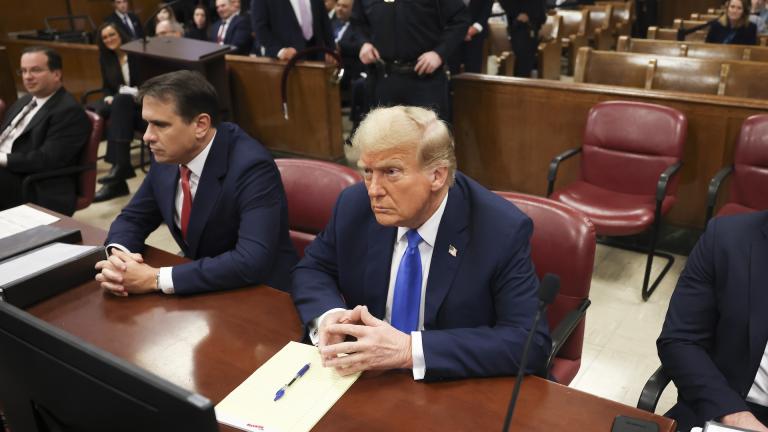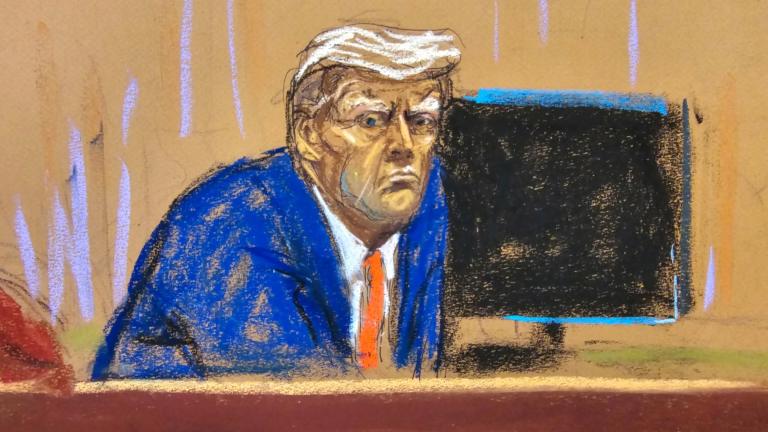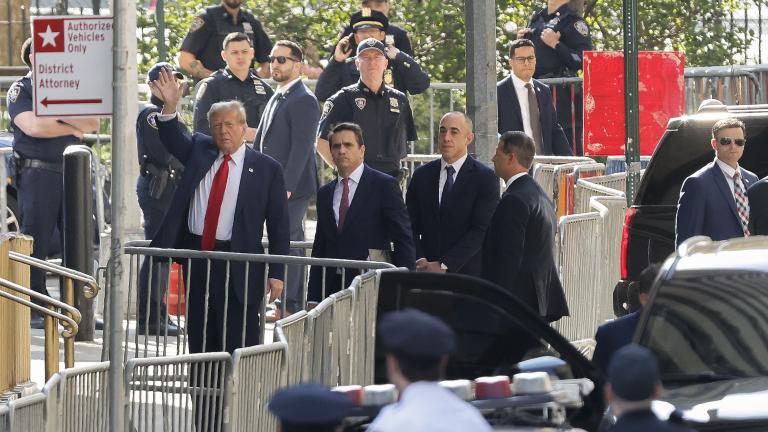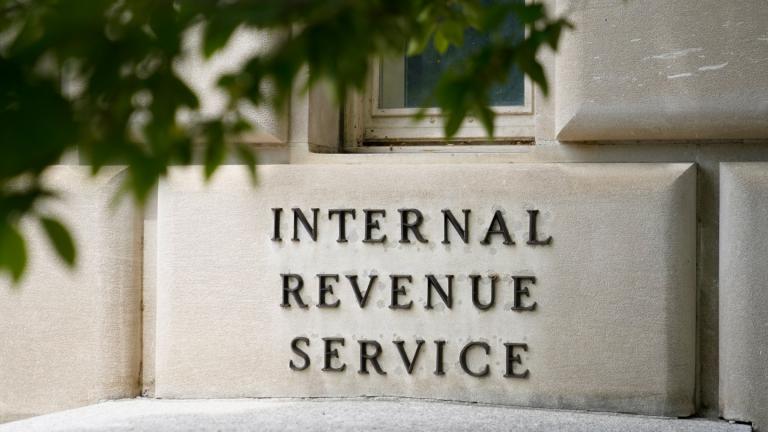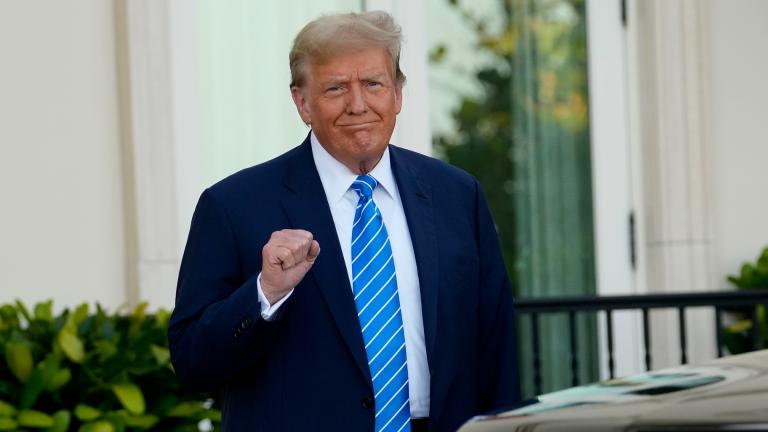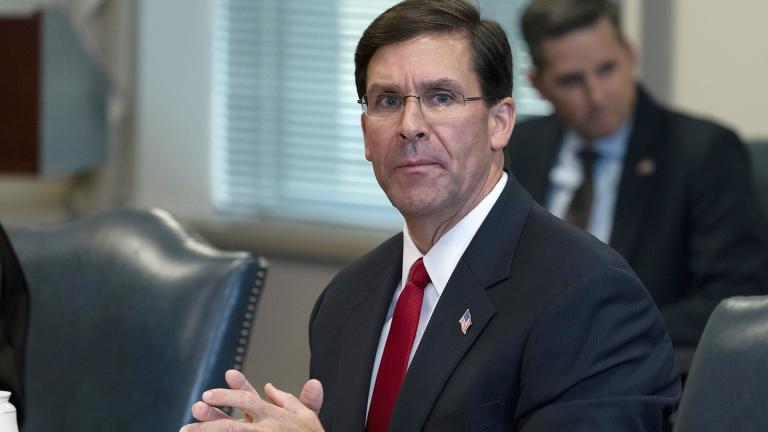According to the U.S. Constitution, Donald Trump hasn't been elected the 45th president just yet. That's the job of the Electoral College which convenes in each state capital on Dec. 19.
But with CIA reports that Russian hackers intervened in the presidential election, some members of the Electoral College are demanding a security briefing on the Russian hacking before they cast their electoral votes.
The 2016 Electoral College is comprised of 538 members. Donald Trump won 306 electoral votes and Hillary Clinton secured 232, despite winning the popular vote by about 2 million votes.
So who are the electors who will vote on the next president chosen?
“Electors are chosen by state parties,” says John Frendreis, professor of American politics at Loyola University Chicago. “The number of electors is equal to the number of that state’s U.S. Representatives and Senators.”
There’s an online petition with nearly 5 million signatures on Change.org asking Electoral College members to become “faithless” or “conscientious” electors. They’ve dubbed themselves “Hamilton Electors.”
Alexander Hamilton explained in the Federalist Paper No. 68 that the Framers intended for electors to exercise their own judgment. “Alexander Hamilton said electors are a safety valve,” said Carolyn Shapiro, the co-director of Chicago-Kent College of Law’s Institute on the Supreme Court. “Hamilton talked about a demagogue, somebody who’s unqualified to be president and under influence of foreign power.”
“Most electors would say that it would need to be an extraordinary circumstance to buck their party–which is good. We want them to buck in extraordinary circumstance,” said Shapiro.
According to Richard Porter, Illinois’ Republican National Committeeman, the hacking isn’t an extraordinary circumstance to upend Trump’s election. “Russians hacked the DNC and John Podesta. They also hacked the Illinois GOP and me,” Porter said.
He doubts the Russian hacking was state supported. “Hackers do it all the time for fun. It happens all the time,” he said.
There are 29 state laws against elector defection, but the constitutionality is being challenged in Colorado. Both Shapiro and Frendreis do not believe those laws are constitutional.
“Those laws fly in the face of exactly what the framers had in mind,” said Shapiro. “The Constitution says that there is an explicit division of power and responsibility. States have power to choose electors. The electors vote.”
“It’s clearly unconstitutional and unenforceable,” added Frendreis. “The Constitution trumps all and the constitution is explicit that electors decide who is president.”
Hamilton Electors are getting legal support from various places including the Electors Trust. Another website has been set up for voters to reach out to electors.
Shapiro, Frendreis and Porter join host Carol Marin to discuss the upcoming Electoral College vote.
Can you imagine if the election results were the opposite and WE tried to play the Russia/CIA card. It would be called conspiracy theory!
— Donald J. Trump (@realDonaldTrump) December 12, 2016
Related stories:
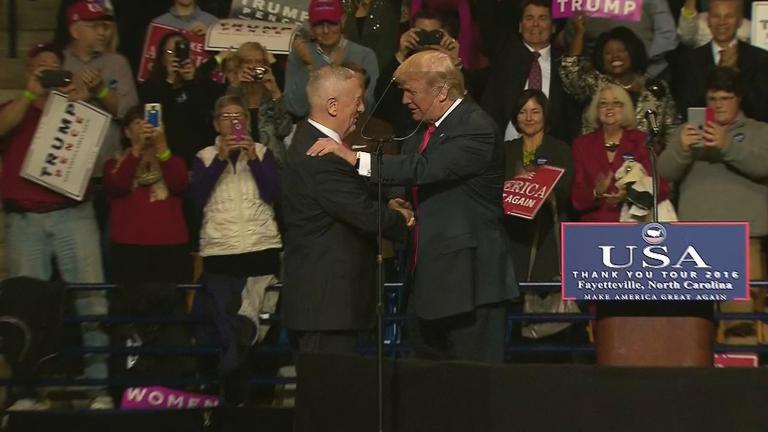 Unpacking the President’s Cabinet, Past and Present
Unpacking the President’s Cabinet, Past and Present
Dec. 8: Looking back on U.S. history in addition to contemporary politics, what does the president-elect’s choices for Cabinet positions so far say about how he might lead as president?
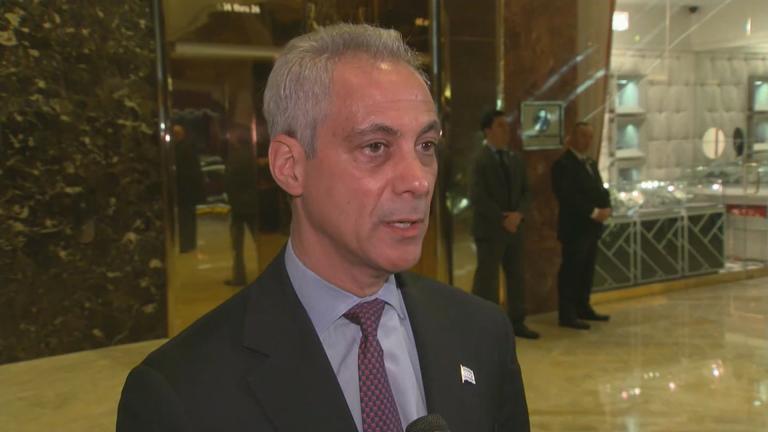 Mayor Emanuel Meets with President-Elect Trump
Mayor Emanuel Meets with President-Elect Trump
Dec. 7: The mayor delivers a letter to Donald Trump, urging the president-elect to protect the status of Dreamers.
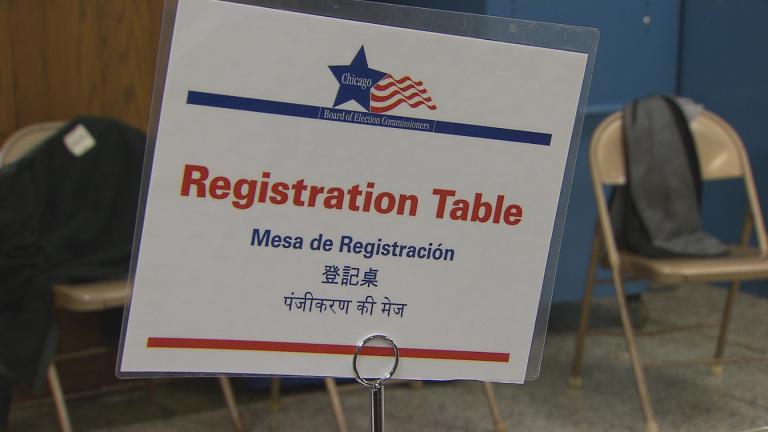 After Trump Win, Renewed Questions About Electoral College
After Trump Win, Renewed Questions About Electoral College
Nov. 14: The dissonance between the popular vote and electoral vote in last week's election has prompted a renewed look at whether America ought to elect its presidents by a straightforward popular vote.

